I often bang on about class issues in this column, informed by what is neatly summed up as my ‘working class background’.
But what does that even mean?
I grew up in an industrial central belt town, with parents who were living wage to wage and (as I found out later) dancing above the poverty line for most of my formative years.
But I sometimes feel loathe to label myself as ‘working class’ because it’s a phrase that connotes stoicism in the face of adversity. It’s for solid, salt of the earth people.
It’s not a ‘background’, it’s a state of being.
And I am neither solid nor salty. I write airy things like this for a living.
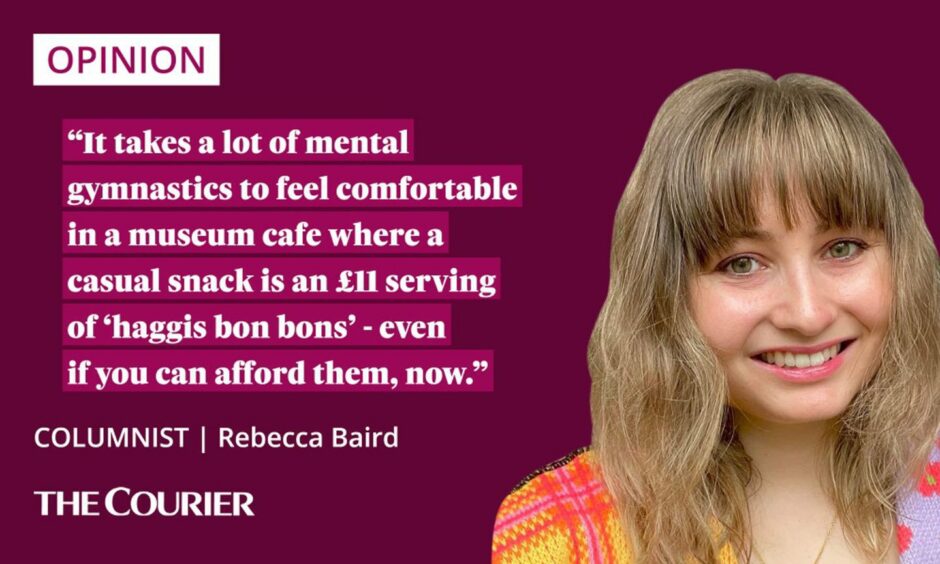
So now, with what my grandparents would have called ‘a good job’, and staying away from where I grew up, I sometimes feel I’ve sold out. Or, if you want to be socially mobile about it, got out.
But last night I saw Shuggie Bain author Douglas Stuart in conversation at Dundee’s Central Library. And it made me realise that being ‘working class’ isn’t just about your bank account; it’s about belonging.
Douglas Stuart is man of two worlds
Stuart won the Booker Prize in 2020 for his debut novel, which is largely based on his own upbringing in the East End and Southside of Glasgow in the 1980s.
Then, he was a gay kid in a household blighted by addiction and poverty, whose community was steeped in homophobia.
In 2023 his life looks very different. He’s based in New York with his husband. And after establishing a career in the high fashion world, he has turned full time to writing. He has, for all intents and purposes, ‘got out’.
But when he speaks about his childhood, there’s no sense of dissonance between the confident person on the stage and the displaced wee boy in his book.
This man, who has gone from Manchester to York to Dundee in 24 hours, easily recalls a time when he had never travelled from the East End to the West End of Glasgow.
That’s why, he says, so much of his writing focuses on his characters struggling to figure out a way to belong where they are.
His homesickness for a place he never had in his own world is palpable, and to me, uncomfortably relatable.
And so is the other side of it – feeling like a constant imposter in the big wide world beyond.
‘Culture’ may be free, but it’s a luxury
My literary friends from university and crisp-shirted colleagues at The Courier haven’t heard my ‘home’ voice; she simply won’t come out until I’m back there.
But it goes beyond just accent and dialect.
For me growing up, ‘culture’ was something consigned to one annual school trip, where the most exciting part was the overpriced soft toy in the gift shop that I’d saved up to buy.
So it takes a lot of mental gymnastics to feel comfortable in a museum cafe where a casual snack is an £11 serving of ‘haggis bon bons’ – even if you can afford them, now.
There’s an inherent discomfort that comes with that ‘working class background’ that no amount of immersion into your ‘new world’ can remedy.
I’m convinced it’s that same feeling that prevents the V&A from fulfilling its self-proclaimed role as “the city’s living room” and keeps ordinary Dundee folk going to Cineworld for their trip to the pictures instead of the trendy DCA.
We see each other, people like me
I was lucky enough to interview Stuart ahead of his talk. And during our conversation, he brought up this ‘specifically working class problem’ of looking around at others to confirm you belong.
It’s a thought I’ve often had: Someone tell me I’m doing this right.
‘Isn’t it such a constant thing?’ he said, involving me instinctively.
He knew nothing about me, but somehow he knew this, confirming my fears (everyone can tell) while affirming my identity (everyone can tell!).
Because we see each other, us ‘working class background’ people. We can spot each other a mile off, characters landed in the wrong stories, unable to fathom how we got there.
And we’re always trying to shush the nagging voice that says everyone else can spot us too.
Steps Theatre is hidden gem
Hands up – who knew there was a theatre in Dundee Central Library?
I certainly didn’t. And judging by the quizzical looks on several of the other faces at Douglas Stuart’s talk last night, it was news to a fair few city residents.
With nearly 300 seats, it’s an extraordinary resource right in heart of a chronically unloved public space.
But according to our information overlords (Dundee City Council), there are no upcoming events here.
It seems crazy to me that a venue which could be used to breathe life into the Wellgate again isn’t in use every single week.
The bus stops right outside on Victoria Road make it the perfect city centre venue for those coming from outer areas of Dundee and beyond.
And with a fairly decent screen and sound system, it could easily accommodate lectures, film screenings and small theatre productions as well as music and comedy gigs.
With a little bit of love, it could be a cracking wee venue.
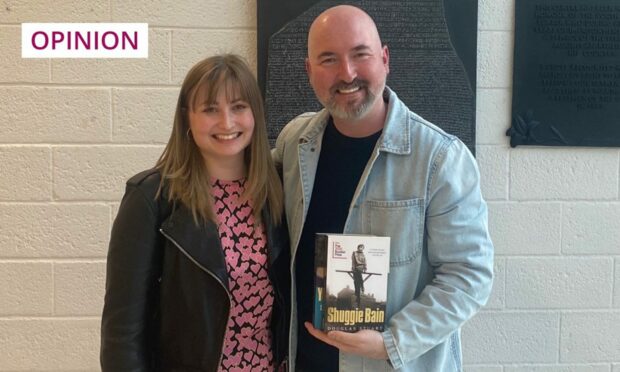
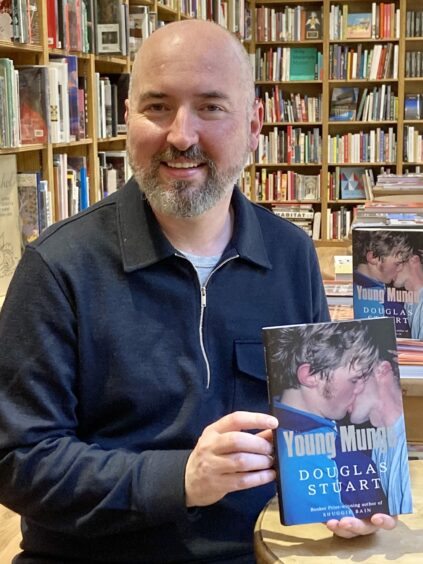

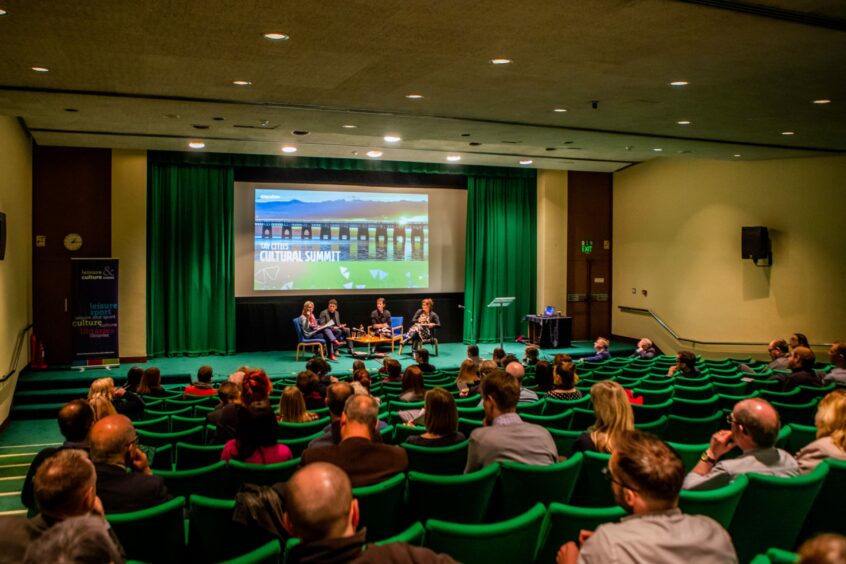




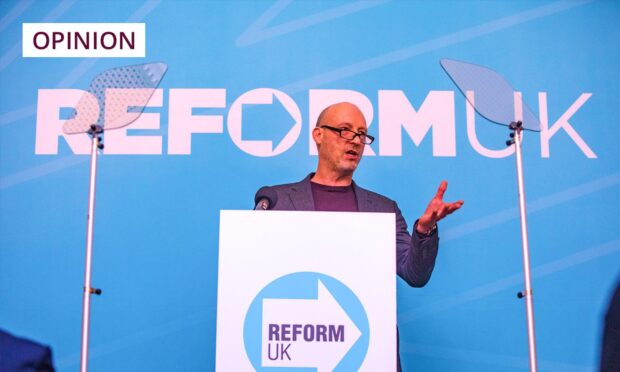


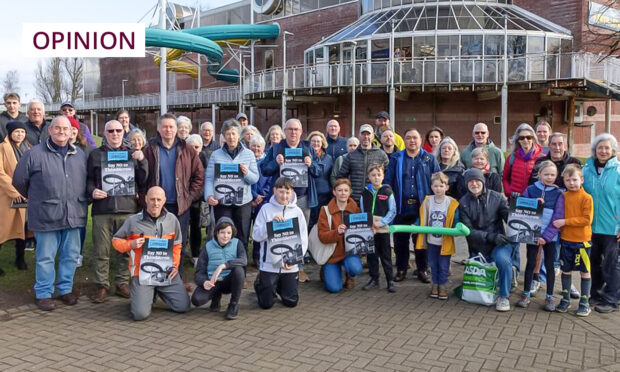
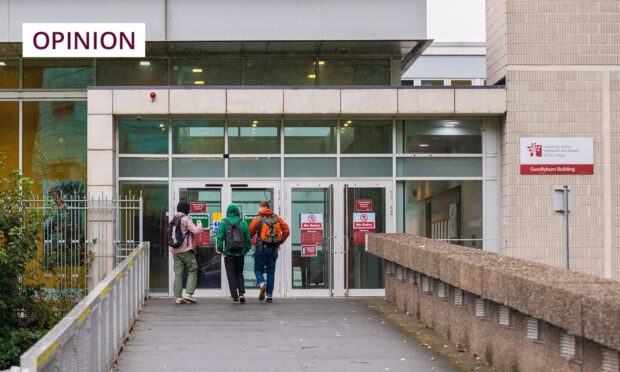

Conversation